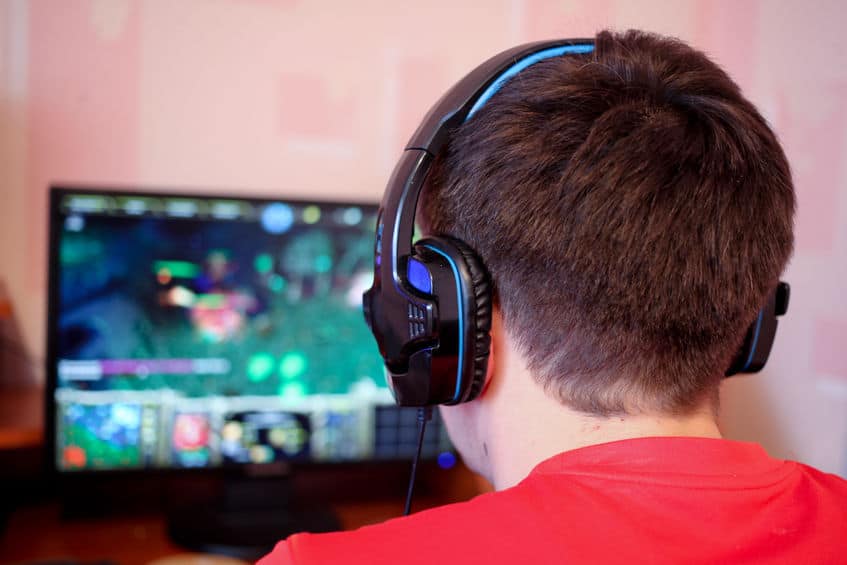
Can Video Gaming Become an Addiction?
March 1, 2018
For most people, video games can be a fun way to relax and enjoy free time. Researchers have been paying a lot of attention to all the improved spatial reasoning, memory retention, reaction time, and problem-solving skills associated with video games, but they are also finding that video games can have some downsides. People who are already prone to addictive behaviors may end up exhibiting problematic behavior with video games.
The Growing Problem With Video Games
When people play video games, they tend to activate areas of the brain associated with pleasure and reward. For those with an addictive personality, a video game can be extremely problematic. It can become a coping mechanism where people try to escape issues in their real life by focusing all of their time on gaming, and people can become addicted to the positive feedback within games. Massively multiplayer online games like World of Warcraft are particularly likely to result in addiction because they use random rewards to encourage excessive playing time and provide valuable social interaction for isolated people.
A study of thousands of children and teens by Dr. Douglas A. Gentile found that roughly nine percent of subjects had signs of an addiction. Video gaming addictions are becoming such a big problem that the latest Diagnostic and Statistical Manual of Mental Disorders includes an internet use disorder that revolves around an addiction to gaming. The DSM-5 characterizes gaming addiction by the following symptoms:
- lack of control over video game usage
- loss of other interests
- increased need for game time
- continued gaming despite negative consequences
- declining social and professional function
- constant preoccupation with gaming
How to Tell If Your Child Has a Video Game Addiction
Excessive Time Spent Gaming
To see if your child is spending too much time playing a video game, think if the amount of time they spend gaming is an appropriate amount of time to be watching tv, reading a book, or playing a board game. Normal usage tends to be a few hours each day, with occasional bouts of lengthier play on weekends. Those with a video game addiction go far beyond this. They may spend every hour of free time playing games.
Loss of Interest in Friends and Hobbies
Those with an addiction will prioritize their gaming above most other things. They may turn down chances to socialize with friends or partake in other social interactions because they want to keep playing games. If your child has an addiction to gaming, they may no longer want to spend time with previous hobbies. All interests will tend to focus on gaming, and even when your child is not playing a game, they may spend all their time talking about the game.
Frustration When Not Gaming
Like any other sort of addiction, video game addicts go through a sort of withdrawal when they are not gaming. Without the constant mental stimulation, they may become jittery, twitchy, or bored. When not playing games, video game addicts tend to be more aggressive and irritable. If an addict is physically stopped from playing games for a long period of time, depression may set in.
Ignoring Negative Consequences of Gaming
The most concerning sign of video gaming addiction is a refusal to stop gaming even when it has negative consequences. For younger children, this may simply be playing games too late and feeling tired in the morning. Older teens may suffer more serious consequences, such as not being able to turn in classwork on time or being late to a job. A person with a video game addiction will frequently be unable to stop playing the game even though they know there will be negative consequences if they continue.
What to Do About a Video Game Addiction
If you believe your child is dealing with a video game addiction, it is important to seek help. Video game addiction is typically linked to other severe mental problems like depression or social anxiety, so professional assistance is key to overcoming a gaming addiction.
At Hillcrest Adolescent Treatment Center, our experienced professionals can provide your child with better coping strategies for managing real life stressors. Treatment will focus on helping video game addicts to limit their gaming time and find healthier ways of dealing with issues.
Resources
https://www.addictions.com/video-games/alarming-video-game-addiction-statistics/

